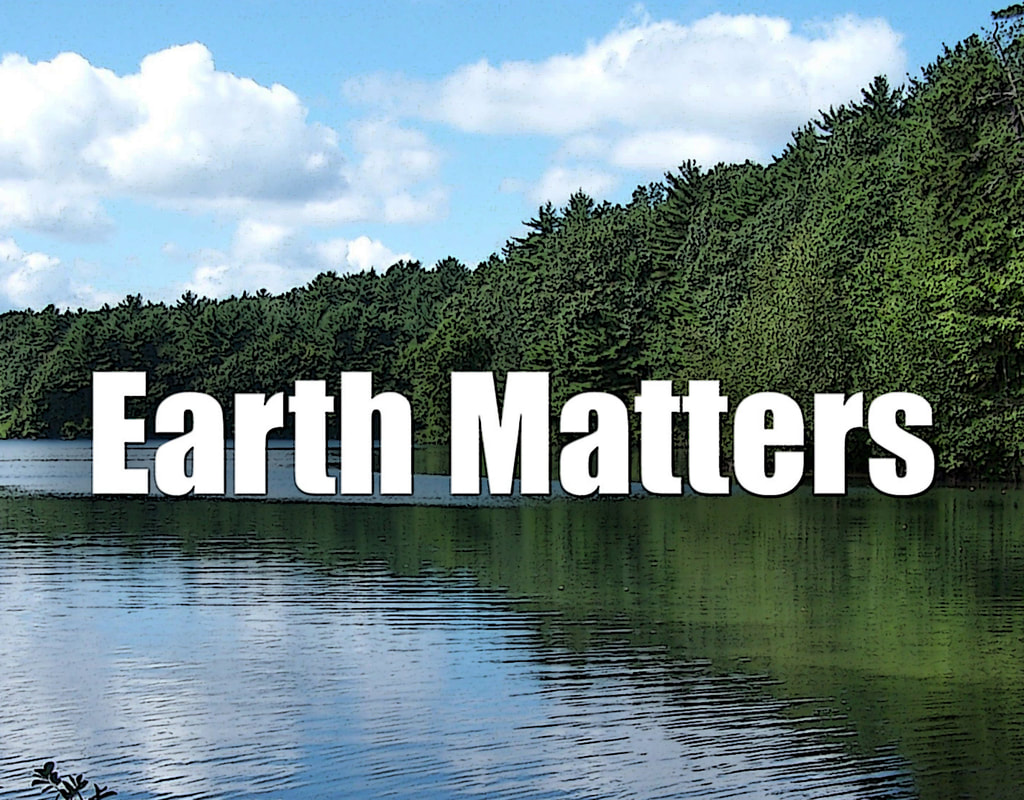|
In these days of dreadfully bad television and cinema, it is encouraging when you find something insightful and educational on the tube or screen. I had this unexpected pleasure twice this past week and came away with a feeling of hope amidst great anguish over the state of the environment.
The 11th Hour, the Leonardo DiCaprio documentary on our environmental crisis was last weekend's feature at Penn State Altoona's Downtown Movie series. Majestic scenes of some of the planet's most amazing landscapes were contrasted by images of some of our most vexing environmental challenges. But it was the all-star cast of scientists, environmental researchers, authors and social leaders that hammered home the message of the film. The message was this: while there are things to be concerned about, there is hope. That hope is built upon a foundation of individual action and advocacy for broader social action. Kenny Ausubel, author of Dreaming the Future: Reimagining Civilization in the Age of Nature, made perhaps the most profound comment of the film. "When we all talk about 'saving the environment' in a way it's misstated because the environment is going to survive. We are the ones who may not survive. Or we may survive in a world we don't particularly wanna live in." Paul Hawken, who has advocated for, and written about, sustainable and "green" business practices, gave the greatest message of hope. "What a great time to be born! What a great time to be alive! Because this generation gets to completely change this world." It is not about living in the cold and dark, as some environmental cynics sometimes contend. Nor is sensible resource use and preservation anti-business. Architect and designer William McDonough reinforces Hawken's point. We must "change from mass production of things that are essentially destructive to mass utilization of things that are inherently assets instead of liabilities." Instead of using non-renewable energy to make things we consume and throw away, we would more renewable energy (but less energy overall) while making things from recovered materials. Environmental Studies Professor David Orr, from one of the nation's most sustainable educational institutions, Oberlin College, believes that it is more about our will to change. "These are not technical issues, nearly as much as they are leadership issues." Orr laments our inability to find common ground to bring about change. A couple nights after the film, former President Jimmy Carter appeared on The Daily Show to talk about the Carter Center's effort to eradicate the Guinea Worm disease, dracunculiasis. A horrible parasitic infection caused by a water-borne nematode, the worm painfully bores its way out of the body after a year-long incubation period. Inflicting 3.5 million people in 21 countries in Asia and Africa in 1986, a rigorous educational effort and distribution of a simple and inexpensive filter has drastically reduced the number of cases of the disease. Last year, only 542 cases were reported in four countries - Sudan, Mali, Ethiopia, and Chad. Change is not always something that is expensive or technically challenging. Sometimes it's about informing people that there is a challenge, letting them know that there is a solution and that we can collectively bring change. Feel free to read more about the Guinea Worm Initiative.
0 Comments
Your comment will be posted after it is approved.
Leave a Reply. |
|
|
All Original Material - Copyright © - All rights reserved. No part of this site may be used without written consent. Email John with questions.
Site Powered by Weebly. Managed by Brush Mountain Media LLC. |
© COPYRIGHT
2010-2023. |

